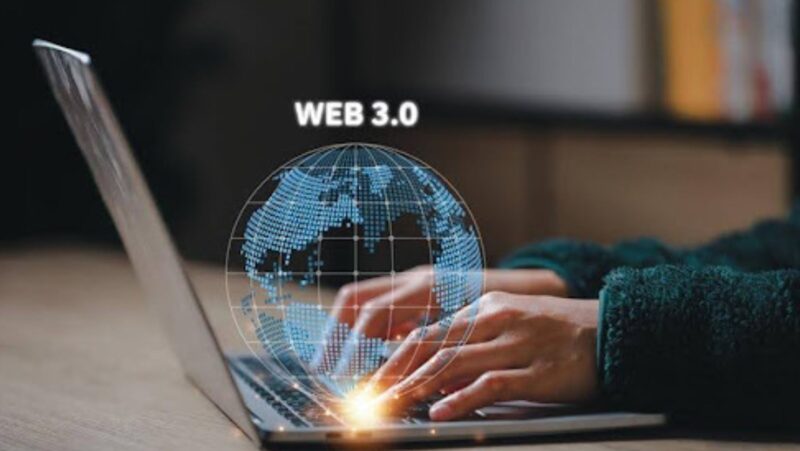
Most digital device users formed their opinions on antiviruses a few decades back and never really bothered to revise this opinion. In their minds, antiviruses prevent some functions and slow down others, but people no longer find them scary. And that’s a problem! Big one!
The fact that you’re no longer finding problems as scary means you’re not taking the necessary steps to protect yourself from them. It means thinking less of your antivirus and assuming you don’t have to think about going with premium. After all, if the threat is not that serious, even a free version will do. Well, according to tech expert Krishi Chowdhary, scanning speed and online protection can vary drastically across antivirus systems (source: https://www.techopedia.com/antivirus/best-antivirus-software).
Still, before you start sifting through your antivirus options and choosing the best value for your money, let’s first establish that you need it, why you need it, and how much you need it.
Protection From Phishing
Your antivirus works tirelessly to filter out suspicious emails, sparing you the trouble of spotting scams yourself. You see, phishing emails are crafted to trick even the most cautious users. Without your antivirus acting as a digital gatekeeper, you might unwittingly open the door to malware, stolen credentials, or worse.
Marking certain emails as spam is another subtle but effective trick. Antiviruses scan for patterns, looking for language and links that scream “danger.” By rerouting these emails to your spam folder, they ensure you don’t accidentally interact with harmful content. This simple action adds a strong layer of protection to your inbox.
Sometimes, suspicious emails aren’t immediately deleted but quarantined instead. This means your antivirus isolates them for further analysis, keeping you safe while it determines if they’re truly malicious. Moreover, this approach prevents false positives from deleting something important, giving you peace of mind that the system is looking out for you.
When you try to access blacklisted phishing sites, your antivirus steps in to block the connection entirely. These sites are designed to steal personal information or infect your device with malware. By halting your access, your antivirus ensures you don’t fall victim to cleverly disguised traps that look legitimate at first glance.
Stopping Advanced Malware Threats
Advanced malware constantly evolves, making traditional defenses less effective without a multi-layered approach. Antiviruses play a crucial role in detecting and blocking these threats before they infiltrate your system. You see, malware doesn’t just attack – it adapts, often evading detection by using new techniques. That’s why your antivirus stays updated, analyzing patterns and behaviors to catch threats that haven’t even been formally cataloged yet.
However, relying solely on antivirus isn’t enough for particularly sophisticated malware. This is where automated penetration testing complements your defenses beautifully. While your antivirus handles real-time detection, automated penetration tests simulate attacks to uncover vulnerabilities that malware could exploit. Together, they form a proactive and reactive shield against evolving cyber threats.
Moreover, antivirus tools identify and isolate suspicious activities when malware attempts to manipulate legitimate software. They block processes that act out of line, such as unauthorized access to sensitive files or unusual system behavior. Automated penetration testing helps fine-tune this by testing how these systems respond under pressure, ensuring gaps are identified before attackers find them.
Also, the combination of these tools ensures your system isn’t just reacting to threats but actively prepared for them. From detecting hidden payloads to simulating complex attacks, this dynamic duo is your best bet for stopping advanced malware in its tracks.
Stopping Spyware Infiltration
Spyware hides in downloads, but your antivirus scans them to catch hidden trackers. You might download an innocent-looking app or file only to discover later that it’s secretly monitoring your activity. Your antivirus ensures you’re not sharing sensitive information with unknown parties without your consent.
Blocking apps that secretly access your data is another key defense. You see, some programs request unnecessary permissions, like accessing your contacts or location. Antivirus software flags these apps, allowing you to stop them before they compromise your privacy. It’s like having a watchdog for your personal info.
Monitoring unusual outbound traffic is another layer of spyware protection. Spyware often sends your data to remote servers without your knowledge. When your antivirus notices excessive or suspicious network activity, it intervenes, cutting off the connection and preventing unauthorized data leaks from happening under your nose.
Your antivirus even prevents unauthorized webcam or microphone use. Spyware can hijack these tools to spy on you in real-time – a terrifying prospect. By detecitng and blocking such attempts, your antivirus ensures your privacy is never compromised, giving you the peace of mind you deserve.
Preventing Ransomware Attacks
Your antivirus blocks malicious encryption attempts before they lock your files and demand ransom. Ransomware sneaks into your system, often disguised as a legitimate program, and then encrypts your data. By identifying these threats early, your antivirus ensures your files stay accessible and protected from such sneaky, high-stakes attacks.
Remember that, in 2023, seven out of ten cyberattacks were ransomware-related.
Detecting unusual file activity is another way your antivirus keeps you safe. Ransomware often behaves differently than normal programs, rapidly encrypting large numbers of files. When this suspicious activity begins, your antivirus stops the process. This proactive measure can mean the difference between losing everything and staying secure.
Isolating infected files prevents ransomware from spreading through your system. You see, ransomware often targets not just your device but your entire network. By quarantining compromised files, your antivirus stops the infection in its tracks, protecting the rst of your devices and preserving your data.
Moreover, alerting you to suspicious software behavior gives you a heads-up to act quickly. Your antivirus doesn’t just fix problems – it helps you stay informed. When it spots something unusual, it notifies you immediately so you can decide whether to allow, block, or investigate the activity further. That’s proactive protection you can rely on.
Protecting Sensitive Data
Your antivirus automatically encrypts stored data, adding a powerful shield around your personal information. This means that even if someone accesses your files, they won’t be able to read or use them without the encryption key. It’s like turning your data into a locked treasure chest.
Another essential function is securing file transfers over untrusted networks. Your antivirus ensures the connection is encrypted when you share files online, especially over public networks. This prevents hackers from intercepting and stealing your information during the transfer process.
Preventing data theft via keyloggers is a crucial defense. Keyloggers are a crucial defense. Keyloggers record your keystrokes to steal sensitive information like passwords or credit card numbers. Your antivirus detects and blocks these threats, ensuring your data remains secure, even when you’re typing it directly into an online form.
Blocking unauthorized attempts to access personal files gives you an added control layer. You see, some malware programs target specific folders or documents. Your antivirus monitors these areas, alerting you to any suspicious activity and stopping threats before they can compromise your privacy.
Antivirus Is A Silent Guardian Of Your Digital Life
From thwarting phishing scams to complementing advanced defenses like automated penetration testing, antivirus is always working to keep you one step ahead of cyber threats.

You see, these tools don’t just react to problems – they actively prevent them, often without you even realizing it. Skipping antivirus or cutting corners on its features isn’t just risky – it’s like leaving your front door unlocked in a dangerous neighborhood. Investing in robust antivirus protection means investing in peace of mind.













